Furnished Holiday Let Mortgage
- Access to competitive rates and some you can't get direct
- Specialist Mortgage Advisers
- Free initial consultation
Home » Holiday Lets » Furnished Holiday Let Mortgage

Furnished Holiday Let Mortgage
Chris Needham answers some frequently asked questions on furnished holiday let mortgages.
What is a furnished holiday let mortgage? How does it differ from a traditional Buy to Let mortgage?
A holiday let property is one that you rent in a tourist area, to people that are visiting for a week or a weekend. They are much shorter rental periods compared to a traditional Buy to Let property.
When you take out a Buy to Let mortgage, typically you’re renting that property out to a tenant through an assured tenancy agreement. The tenant’s going to stay there for at least six months. Based on that, lenders have particular criteria.
When it’s a holiday let mortgage, lenders have to factor in that there’ll be a lot of different people staying in that property for shorter periods. So it’s a very specialist mortgage and only available from a handful of lenders.
What are the eligibility criteria for obtaining a furnished holiday let mortgage in the UK?
At the moment, lenders are looking for a 25% deposit if you’re purchasing a property to let, and they’re really interested in its location. Obviously, it needs to be in an area that attracts tourists to generate rental income. That income is a really critical part of the criteria for lenders.
Whilst they still might be interested in your personal income, they are more interested in how much that property could generate. They assess that by looking at the likely weekly rent in the low season, mid-season and high season.
Lenders are also always interested in the property itself and making sure it’s suitable security for their needs.
Can you explain the key benefits of obtaining a furnished holiday let mortgage for property owners?
A holiday let property can have some advantage over a traditional Buy to Let. Typically it will offer more yield, which means more income over the year, if you get one in the right tourist hotspot.
There can also be some tax efficiency to a holiday let compared to a traditional Buy to Let. That would need specialist advice from an accountant, but they can be quite tax efficient as investments.
Also, with some lenders you’re allowed to stay in the property yourselves for up to 60 days a year – so you can enjoy staying in the property as well as renting it out. Obviously, that’s different to a normal Buy to Let – you can’t live in those, they must be tenanted out.
How do interest rates and terms of a furnished holiday let mortgage compare to a standard residential mortgage?
We’re recording this on a damp day in September 2023 and rates are a little bit higher than we’ve been used to over the last two or three years. Holiday let mortgages also have slightly higher rates than residential mortgages. That’s just because it’s a specialist mortgage – it’s deemed to be more risky to the lender so they set higher rates.
What are the minimum deposit requirements for a furnished holiday let mortgage?
If you’re purchasing a property you will need a 25% deposit as a minimum.
What factors do lenders consider when assessing the affordability of a furnished holiday let mortgage application?
Rather than how much you earn and whether you can afford the mortgage, lenders are more interested in the rental income that the property can generate. If you’re buying a property that’s been used as a holiday let for the last two or three years, they can look at the actual income it generated to see if that meets their criteria.
If you’re buying a property that hasn’t been rented out before, they will usually want a letter from a registered holiday let company to project the potential rental income over a year. They look at what the rent will be in low season, mid season and peak season and take an average of that.
Every lender does it slightly differently, but from that rental income they apply a ‘stress test.’ It compares the rental income you’re likely to receive compared to the mortgage payments, allowing for rates to go up.
What I would say is get in touch with us, because every lender has a different calculation and different criteria. It’s important to understand those calculations when you go out looking for a property to purchase.
Speak To an Expert
Are there any restrictions on the location or type of property that can qualify for a furnished holiday let mortgage?
Lenders will look at most types of property. We’ve done holiday let mortgages on apartments, quaint cottages and large detached properties. It needs to be in a tourist area or a location that’s going to attract enough visitors to make the rental income work with the amount of money that you’re looking to borrow.
To give some examples, over the last year we’ve arranged mortgages on holiday properties in the Yorkshire Dales, along the Yorkshire Coast and then quite a lot on the Norfolk coast, as well. It doesn’t have to be coastal areas – think of somewhere you’d like to go for a weekend or a week away and those places should work.
What are the potential risks and challenges associated with investing in a furnished holiday let property?
There’s obviously a risk when buying a holiday property. Is it going to generate the income that you hope it will? Looking out of the window at the moment, British weather is so unreliable. If we’ve had a full year of rain, would people still want to go on holiday?
Also, because of the number of people staying in the property and the churn of guests, there is extra wear and tear. Plus, it’s a furnished property, you’re not just providing the shell for tenants to move in with their own furniture. You’re providing all of the furnishings. It also depends how close you live to the property because the people that come to stay will want all the beds made and everything ready to go.
When they leave, someone needs to clean, change the beds and get it ready for the next guests. You need to consider whether you want to get involved in doing that or whether you need to use a management company or cleaning company to do it. There’s lots of things to consider before buying your first holiday let.
Are there any additional fees or charges that borrowers should be aware of when considering a furnished holiday let mortgage?
When you’re buying any property, you would pay a solicitor fees to carry out the legal work. You’d pay survey fees to have the property checked over, and then some mortgages come with product fees which are payable to the lender.
In addition, it’s worth taking advice about stamp duty. If you already own a residential property there would be additional stamp duty payable, as it’s a second home.
Obviously you’re going to be generating income from that property, so most people would use an accountant to do the accounts and manage tax liability. There might also be management fees for running the property.
What advice do you have for individuals considering applying for a furnished holiday let mortgage for the first time?
Get in touch with a broker that specialises in holiday let mortgages at the start of the process. Then, when you go out looking at properties you’ll be looking in the right area. If you know how much those properties are likely to cost, we can help you work out what rental income they could generate and see if the mortgage is going to be accepted by lenders.
Your property may be repossessed if you do not keep up repayments on your mortgage.
The Financial Conduct Authority does not regulate some forms of Buy to Let Mortgage.

